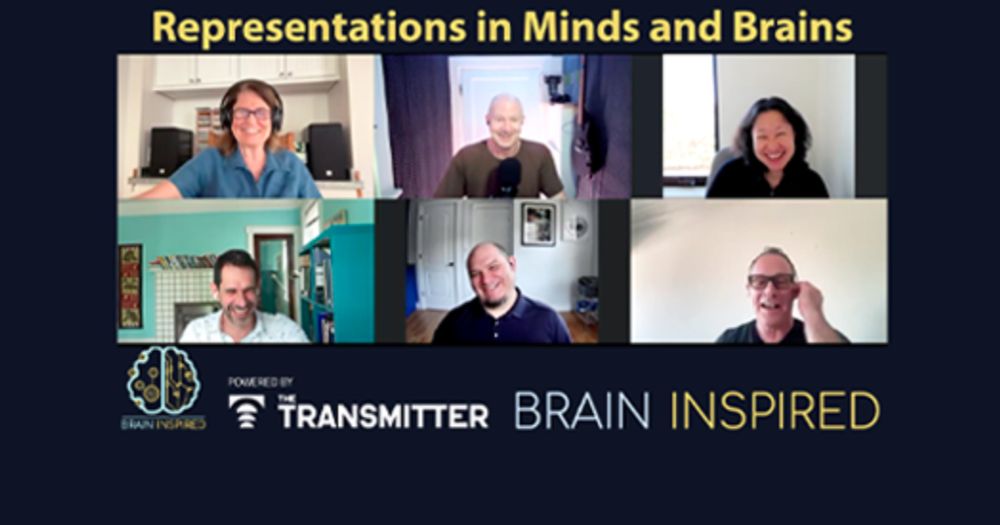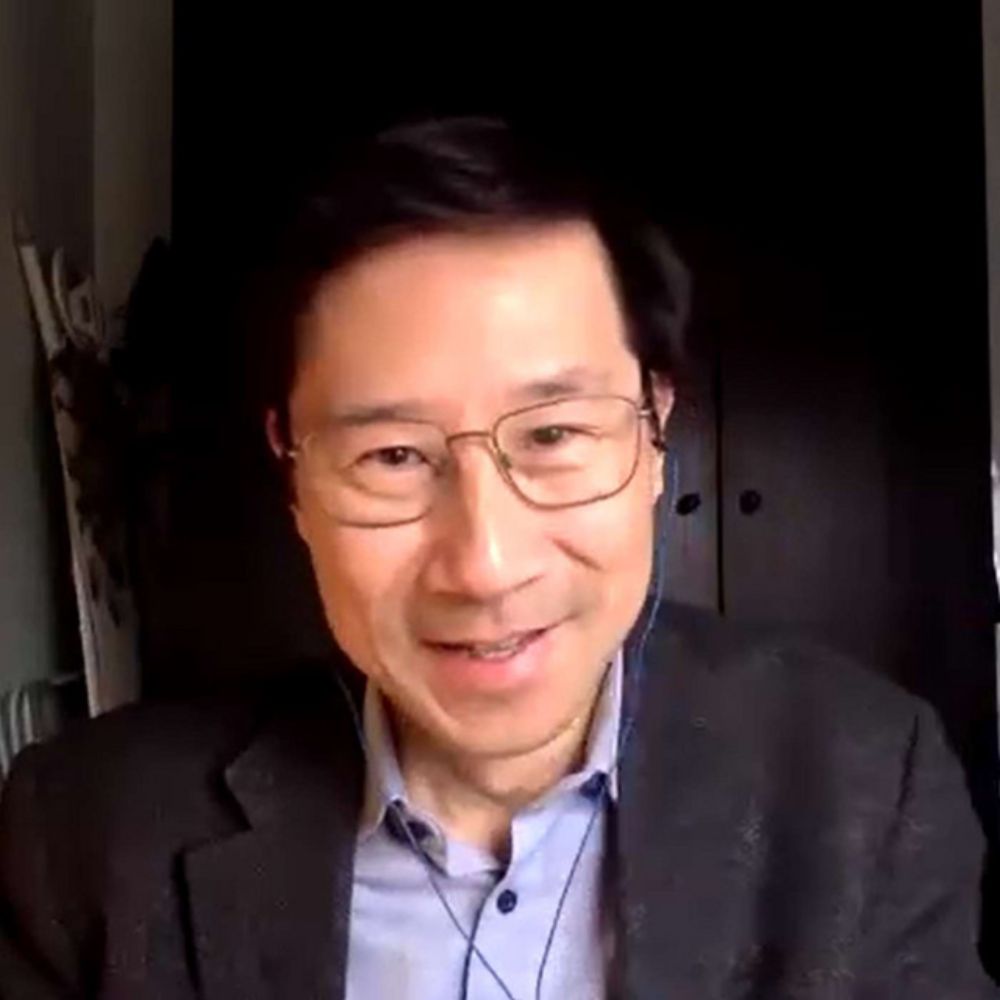📣 Submit your work by January 16! 📣

📣 Submit your work by January 16! 📣
www.biorxiv.org/cgi/content/...
We’re all familiar with having to practice a new skill to get better at it, but what really happens during practice? The answer, I propose, is reinforcement learning - specifically policy-gradient reinforcement learning.
Overview 🧵 below...

www.biorxiv.org/cgi/content/...
We’re all familiar with having to practice a new skill to get better at it, but what really happens during practice? The answer, I propose, is reinforcement learning - specifically policy-gradient reinforcement learning.
Overview 🧵 below...
We critique widespread assumptions in cognitive neuroscience about the role of internal models in implicit cognition. (1/7)
@tyrellturing.bsky.social
@jmgrohneuro.bsky.social
@pessoabrain.bsky.social
I see a lot of talk on here about how we should avoid
"x does y" talk because the brain is "a dynamic, reverberant, reciprocally interconnected system".
But this does not follow.
A thread...
@tyrellturing.bsky.social
@jmgrohneuro.bsky.social
@pessoabrain.bsky.social
I see a lot of talk on here about how we should avoid
"x does y" talk because the brain is "a dynamic, reverberant, reciprocally interconnected system".
But this does not follow.
A thread...
www.thetransmitter.org/brain-inspir...

www.thetransmitter.org/brain-inspir...
The idea that we don't often start scientific inquiries from a solid foundation. We knowingly start from an imperfect position, and use the outcomes to refine and correct the original starting point.
open.spotify.com/episode/6tbT...

The idea that we don't often start scientific inquiries from a solid foundation. We knowingly start from an imperfect position, and use the outcomes to refine and correct the original starting point.
open.spotify.com/episode/6tbT...
See, e.g., lots of recent papers by Subbarao Kambhampati's group at ASU. (2/2)
See, e.g., lots of recent papers by Subbarao Kambhampati's group at ASU. (2/2)
We look at claims of "emergent capabilities" & "emergent intelligence" in LLMs from the perspective of what emergence means in complexity science.
arxiv.org/pdf/2506.11135

